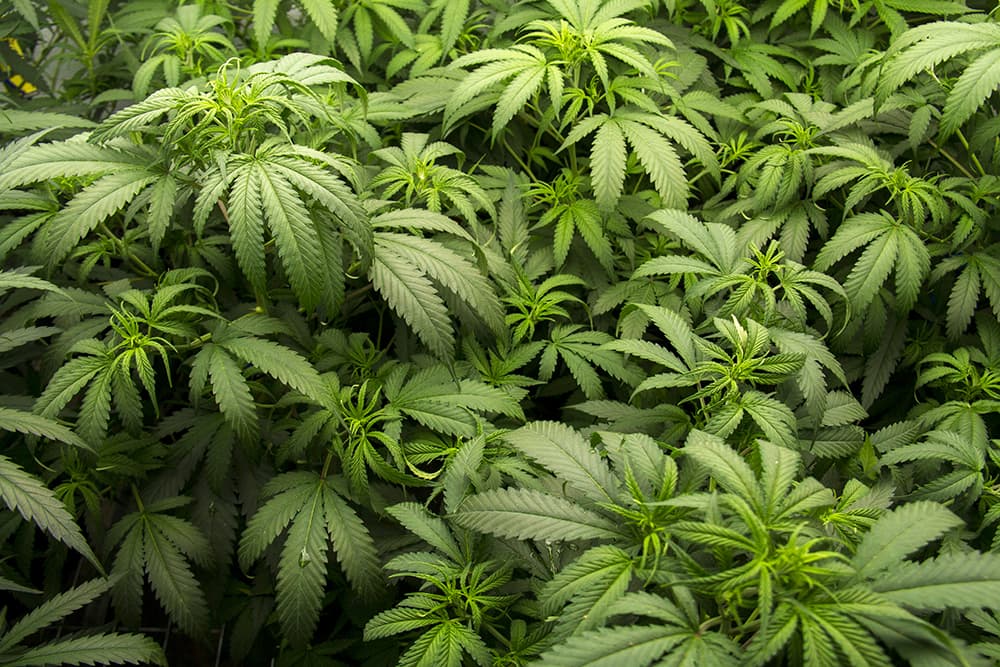Officials with the Justice Department held closed-door meetings this week with people in Colorado Springs who are well known for their opposition to legal marijuana.
The Colorado Springs Gazette reported on the meetings without too much detail on the content of the conversations. Colorado Springs Mayor John Suthers, a former Colorado attorney general, said much of the discussion was about "sensitive case information" and that the visits aimed to "find out what law enforcement and other regulatory agencies' view is toward marijuana regulation in Colorado."
Federal officials also met with state regulators and members of the staff of Gov. John Hickenlooper, the Gazette reported, though the governor himself did not attend the meeting.
Attorney General Jeff Sessions is a staunch opponent of legal marijuana, and there's been rampant speculation since his nomination about what that will mean for Colorado's recreational marijuana industry, which to date has brought in $500 million in tax revenue just to the state, according to a report released this week.
U.S. Sen. Cory Gardner sought reassurances from Sessions that Colorado's marijuana industry would not be an enforcement priority, even as Hickenlooper warned lawmakers during the legislative session not to go too far in expanding access and opportunities for the industry and thereby draw unwanted attention to the state.
Back when Sessions was first nominated, Sam Kamin, the Vicente Sederberg professor of marijuana law and policy at the University of Denver’s Sturm College of Law, told Denverite that the federal government had a range of options, from letting the status quo continue to surprise raids of businesses that have operated in the open for years. After all, marijuana has never stopped being illegal under federal law.
According to the Gazette, black market diversion seemed to be a major focus of the conversations this week, and that's been a concern of state regulators as well, with new plant limits aiming to reduce the potential for product to travel out of state.
What this means for legal businesses in compliance with state law remains a high-stakes mystery.












